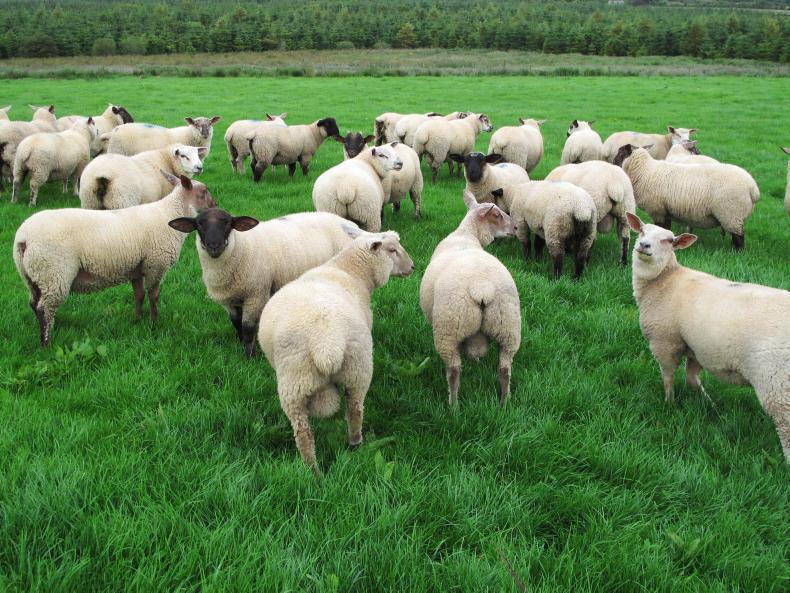The issue of leaving ram lamb entire and its envisaged negative effects on meat quality attributes is a contentious issue in the sheep industry and one that attracts strong opinion from farmers, processors and consumers.
The topic is one of four timely areas being covered at next week’s Teagasc National Sheep Conferences, which take place on Tuesday 30 January in the Loughrea Hotel and Spa, Loughrea, Co Galway, and on Thursday 1 February in the Nuremore Hotel, Carrickmacross, Co Monaghan.
The results of the recent Teagasc-UCD study funded by the Department of Agriculture, Food and the Marine on the effects of leaving lambs entire on lamb performance and subsequent meat quality attributes will be presented by Professor Michael Diskin, Teagasc.
A preview of the study results show that ram lambs grew faster, had leaner carcases and were more efficient in converting feed to carcase gain. However, these production advantages do come with a potential risk, with the study raising a greater likelihood of small increases in the occurrence of some off-flavours and odours with meat from ram lambs versus castrated lambs.
However, Michael points out that differences are small and can also occur with meat from a proportion of castrated lambs.
This interesting topic will be discussed in much more detail, allowing farmers to make decisions that Michael says should also take into account their production system, flock size and farm fencing.
There is growing concern in some areas of the country about emerging diseases which can pose huge problems on individual farms. These include OPA (Jaagsiekte), Ovine Johnes Disease, CLA (Caseous Lymphadenitis), Maedi Visna (MV), Border Disease, TB and Scrapie, all of which with the exception of Border Disease are notifaiable in Ireland to the Department of Agriculture.
Dr Fiona Lovatt, a sheep veterinary consulant from England, will discuss the symptoms, survival, spread, diagnosis and control options for these increasingly important sheep diseases.
The remaining two topics are also very timely. Dr Tommy Boland, School of Agriculture and Food Science, University College Dublin, will discuss and present a range of easy to implement late-pregnancy feeding strategies that are particularly beneficial given the difficult autumn and winter that many ewes have endured.
The remaining topic focuses on achieving more from grazing systems in sheep production and will be presented by Dr Philip Creighton, Teagasc Athenry.
The Grass10 programme was launched in 2017 and aims to increase the level of grass utilised on Irish farms to 10t grass dry matter per hectare.
Five key areas have been highlighted for discussion, including soil fertility, grazing infrastructure, grazing management, grass measuring and budgeting and reseeding, with the results from experience in Athenry used to deliver a blueprint farmers can follow.
The conferences are Department of Agriculture, Food and the Marine KT-approved national events and are free to attend. KT registration commences at 5.30pm and the conferences start at 6pm.






 This is a subscriber-only article
This is a subscriber-only article





SHARING OPTIONS: